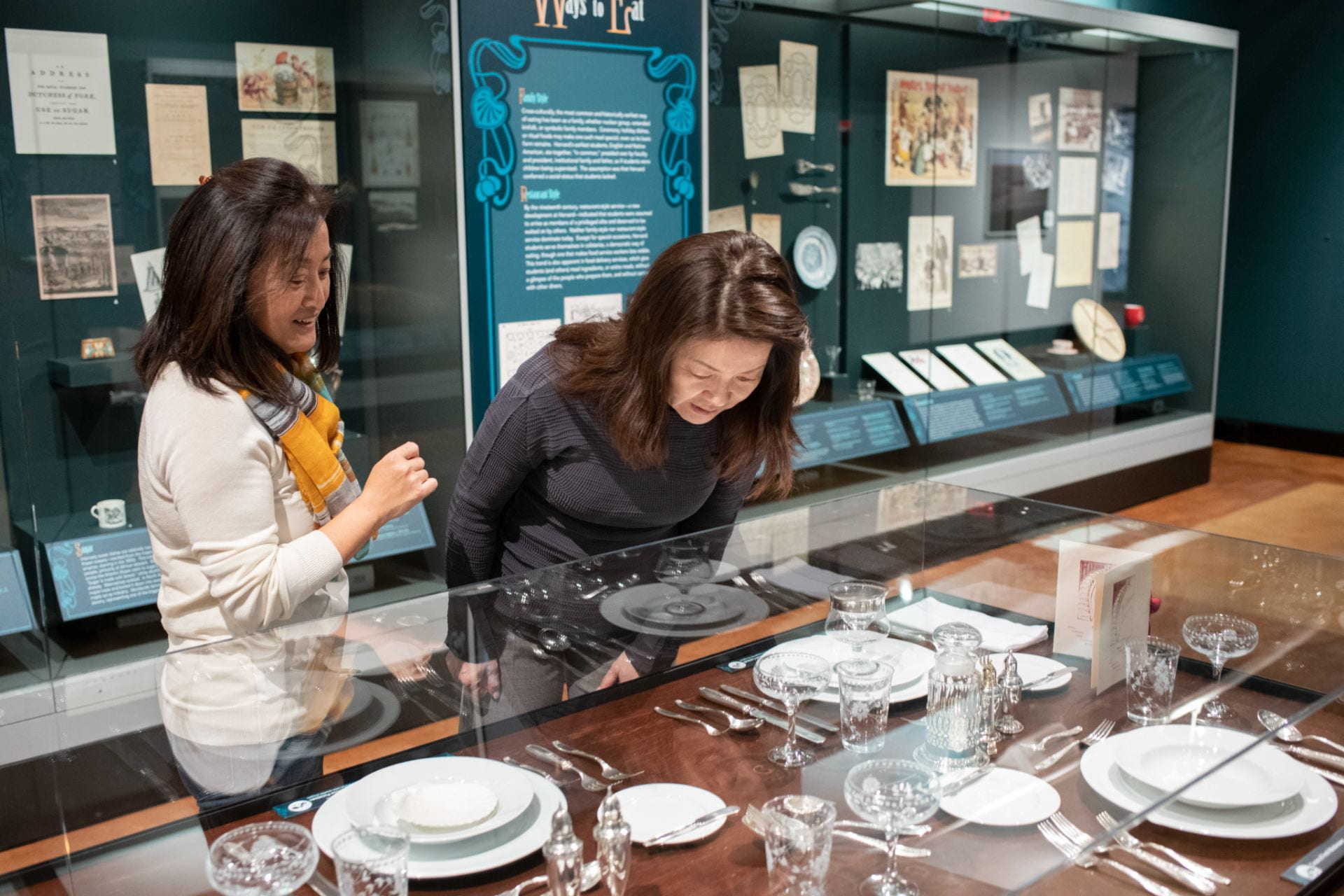March 8, 2021
We Support
The Harvard Museums of Science & Culture (HMSC) stand in solidarity with the Black Lives Matter movement. We are appalled by the murders of George Floyd, Breonna Taylor, Andre Hill, and countless other Black lives taken violently. We stand with those working for reforms dedicated to confronting and eradicating pervasive systemic racism and social injustices inflicted upon the Black community and other communities of color by law enforcement, legislators, courts, and other institutions that wield power.
We Acknowledge
Unethical practices, driven by narratives of white supremacy and the perspectives of those in power, are intertwined with and embedded in the long histories of Harvard’s museums. A legacy of valuing western views of knowledge and undervaluing nonwestern knowledge has created unbalanced museum collections. It has also constrained the ways that those collections have been publicly presented and interpreted. At best, these practices have left gaps in our understandings; at worst, they have advanced ill-informed, ethnocentric, and racist ideologies.
We acknowledge this history, its role in contributing to racial, ethnic, and gender stereotypes, and the consequences in terms of who may feel included, valued, and welcomed at our museums.
We Commit
While diversity and inclusion are stated values embedded within our strategic plan, we recognize that our efforts have not been robust or consistent enough to counteract racial injustices. As we have become increasingly aware of the destructive aspects of our museums’ legacies, we know that words of support and acknowledgement are insufficient without concrete action to address its effects. In the coming years, we commit to implementing the following steps:
- Redefine museum practices and policies across the organization – at all levels and in all departments (e.g., operations, human resources, educational programming, exhibitions, development, marketing) – to better engage and represent Black, Indigenous and other communities of color.
- Provide regular formal training and consistent opportunities for staff members to expand their understanding of diversity, equity, accessibility and inclusion practices, implicit bias, and overt and systemic racism.
- Invite and include voices, perspectives, and expertise from historically excluded communities, especially those of color, in exhibits, school programs, adult programs, and online media.
- Evaluate, on an ongoing basis, the experiences of our onsite and online audiences, to ensure that we are providing a welcoming and inclusive environment to visitors of all backgrounds.
- Incorporate anti-racism and inclusion efforts in institutional goal-setting each year and develop annual metrics to measure and share our progress.
As we commit to new ways of working with each other and with the communities we serve, we recognize—above all—the need to broaden our capacity to listen. We are listening; we are learning; and we want to hear from you. Please share your thoughts, ideas, and feedback.
